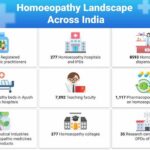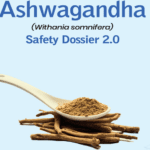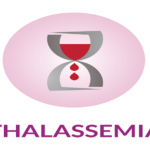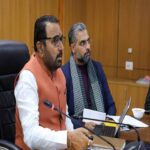New Delhi, December 6, 2017: India and Cuba signed a Memorandum of Understanding (MoU) for enhanced cooperation in the health sector, here today. Shri J P Nadda, Union Minister of Health & Family Welfare and Dr Roberto Tomas Morales Ojeda, Public Health Minister of Cuba signed the MoU in the presence of senior officers from the Health Ministry and a high level delegation from Cuba.
Terming it historic, Shri J P Nadda stated that the relations between Cuba and India are historical and based on shared values of equality and justice, common aspirations and convergence of interests on global issues.
Shri Nadda further stated that the MOU on cooperation in the field of health and medicine between India and Cuba is important for exchanges in the health sector and to develop institutional framework for cooperation in the health sector between the two countries. “One potential area is pharmaceutical and biotechnology. Cuba has made remarkable strides in the field of bio-technology and pharmaceuticals. We need to encourage greater institutional collaborations for joint production of medicines on commercial basis,” Shri Nadda elaborated. He also suggested that a Joint Working Group be formed for implementation of the MoU.
The objective of this MoU is to establish comprehensive inter-ministerial and inter-institutional cooperation between the two countries in the field of health by pooling technical, scientific, financial and human resources with the ultimate goal of upgrading the quality and reach of human, material and infrastructural resources involved in health care, medical education & training, and research in both countries.
The main areas of cooperation include:
- Exchange & training of medical doctors, officials, other health professionals and experts
- Assistance in development of human resources, health services and setting up of health care facilities
- Short term training of human resources in health
- Regulation of pharmaceuticals, medical devices and exchange of information;
- Promotion of business development opportunities in pharmaceuticals and others identified by parties
- Procurement of generic and essential drugs and assistance in sourcing of
- drug supplies;
- Procurement of health equipment and pharmaceutical products;
- Any other area of cooperation as may be mutually decided upon.
- Procurement of health equipment and pharmaceutical products;
- Collaboration in the prevention of NCDs of mutual interest, such as neurocardiovascular diseases, cancer, COPDs, mental health and dementia, with an emphasis on SDG3 and related factors;
- Collaboration in the field of climate change impact on communicable diseases and vector borne diseases;
- Nutritional aspects of food intake, including malnutrition (over-nutrition and under-nutrition) in the light of the SDG2 and organization of nutritional services;
- Safety of production, transformation, distribution and food delivery;
- Research and training of food industry operators;
- Information and communication to citizens on hygiene and food safety and healthy eating habits; and
- Any other area of cooperation as may be mutually decided upon.







